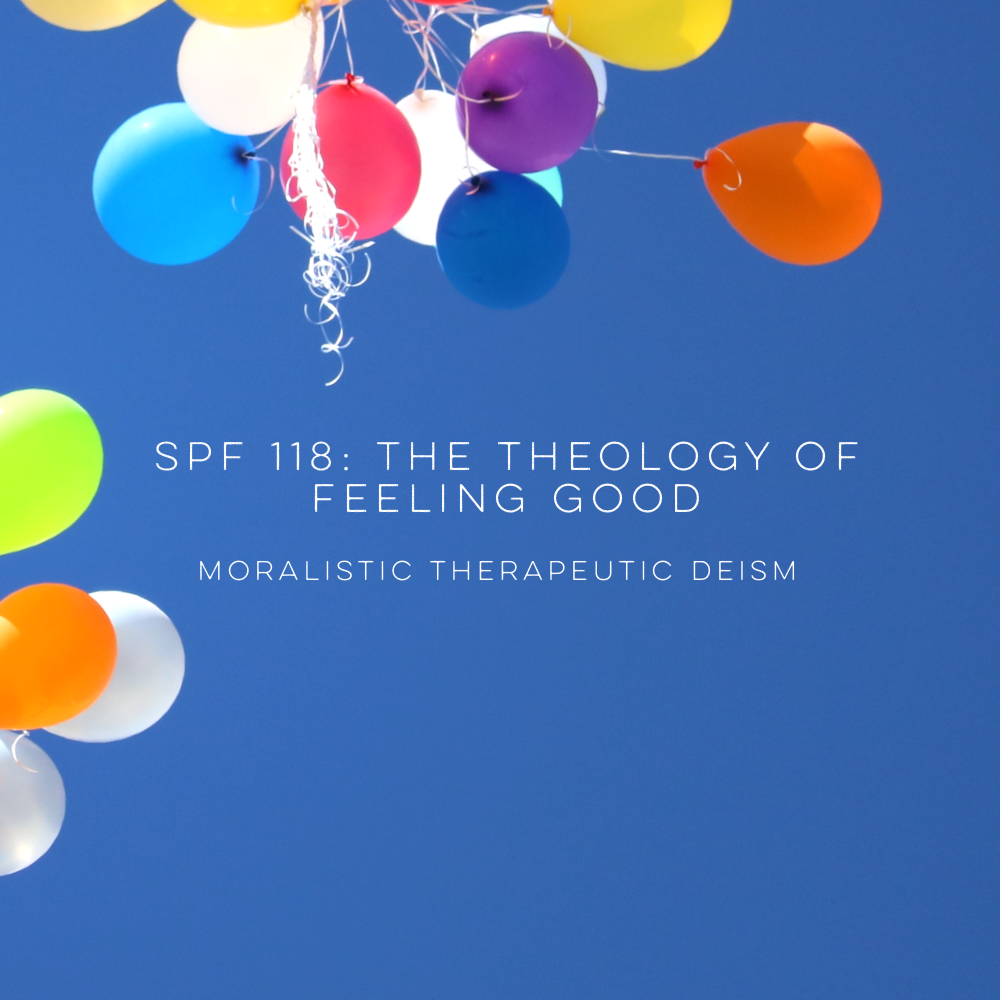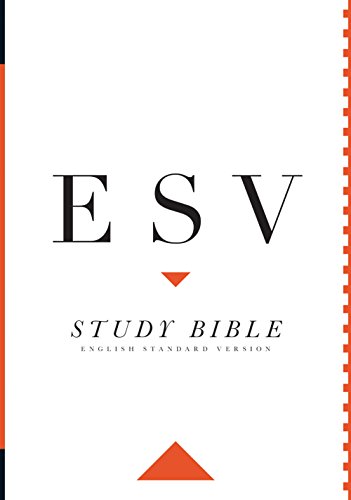What if I told you there was a worldview that sounded like Christianity. and has slipped into many churches, Christian books, and is definitely all over Instagram, but it’s actually far from the True Gospel. It’s called Moralistic Therapeutic Deism and we are looking at the five beliefs of Moralistic Therapeutic Deism, ways they impact Christianity, and the True Good News of Jesus Christ, the Righteous.

What if I told you there was a worldview that sounded like Christianity. and has slipped into many churches, Christian books, and is definitely all over Instagram, but it’s actually far from the True Gospel. It’s called Moralistic Therapeutic Deism and we are looking at the five beliefs of MTD, ways they impact Christianity, and the True Good News of Jesus Christ, the Righteous.
Enjoying She Proves Faithful?
Consider supporting the podcast in one of these ways:
-
Give $5 monthly on Patreon to the SPF Podcast and get access to extra resources. Learn more at patreon.com/sheprovesfaithful.com
-
Try Audible for a month for FREE and get TWO FREE audiobooks that you can keep forever! When you try Audible (even if you do not sign up), the SPF Podcast is directly supported. More info here: https://amzn.to/2CZLh41
-
Check out Amazon affiliate links. When I link to the resources I talk about on the podcast, you can click through and SPF receives a small percentage for recommending resources I love!
The Theology of Feeling Good
Christian Smith studied American Teens and wrote the book: Soul Searching: The Religious and Spiritual Lives of American Teenagers (Amazon links are affiliate links)
Christian Smith really did a great job peeling back what is going on and exposing the heart of a problem. Moralistic Therapeutic Deism is a man centered approached to Christian beliefs but really leaves the Gospel, the good news, behind. The moralistic is a focus on trying to be a good person, but without Christ and by a standard that is not formed by the Scriptures. Therapeutic meaning that God serves us to build up our self-esteem. God is a God that we can go to help us feel better. And Deism meaning that God is God, but one who is far off and uninvolved – He is not Sovereign, He does not have a plan, He created the world and now it is happening how it happens. With the exception of when I need God to help me feel better.
Five beliefs that Christian Smith nailed down with Moralistic Therapeutic Deism:
-
“A god exists who created and ordered the world and watches over human life on earth.”
-
“God wants people to be good, nice, and fair to each other, as taught in the Bible and by most world religions.”
-
“The central goal of life is to be happy and to feel good about ones self.”
-
“God does not need to be particularly involved in one’s life except when God is needed to resolve a problem.”
-
“Good people go to heaven when they die.”
Now we can easily recognize some of the dangers that can come with this worldview, mainly – the Gospel is not preached, but I wanted to go over a few more and how we can be faithful to uphold the Truth in our homes, in fellowship, and in the world.
-
Emphasis on happiness – Christianity’s emphasis is not on happiness. It’s on God and we need to watch out for those messages and for the temptation of the flesh.
-
A loss of historical Christianity – In Christian Smith’s study they found that relatively few teens made references in their interviews to a variety of historically central religious and theological views.
-
Language – the language is important and when you look at the language used and promoted among this medley of religious faith, it is severely lacking in the most important terms. Critical terms like Trinity, holiness, sanctification, sin, grace, justification, church, heaven and hell are being replaced by a lunges of happiness.
-
Watch out for revisions that create an appearance of desired unity – MTD appropriates, revises, and abstracts doctrinal elements from a lot of religions but mostly Christianity and Judaism – FOR ITS OWN PURPOSE. And one of the purposes is to create this appearance of unity.
The True Gospel is Found in Jesus Christ
1 John 2
My little children, I am writing these things to you so that you may not sin. But if anyone does sin, we have an advocate with the Father, Jesus Christ the righteous.2 He is the propitiation for our sins, and not for ours only but also for the sins of the whole world. 3 And by this we know that we have come to know him, if we keep his commandments. 4 Whoever says “I know him” but does not keep his commandments is a liar, and the truth is not in him, 5 but whoever keeps his word, in him truly the love of God is perfected. By this we may know that we are in him:6 whoever says he abides in him ought to walk in the same way in which he walked.
This is the Gospel – that we have sinned, that Jesus Christ, the righteous, is our advocate pleading for us before the Father; He is the propitiation for our sins, and now we can walk in the same way in which Christ walked – keeping God’s word.
Advocate – our Helper pleading before the Father; it is Jesus’ delight to save
Jesus – He will save His people from their sin –
Christ – The man of God’s own choosing to obey; shows His authority to plead for us; the successful One – able to plead before God; we may safely lay our troubles where God has laid our help – Spurgeon
The Righteous – Not just describing Jesus’ perfect character but also His plan for His righteousness for me
“He declares Himself my substitute and puts His obedience to my account.” – Spurgeon
“My soul, thou hast a friend well fitted to be thine advocate; He cannot but succeed. Leave thyself entirely in His hands.” Spurgeon
Resources
(Amazon links are affiliate links)
FREE Article by Christian Smith about Moralist Therapeutic Deism: http://outreachnorthamerica.org/wp-content/uploads/2016/01/Smith-Moralistic.pdf
The book referenced:




